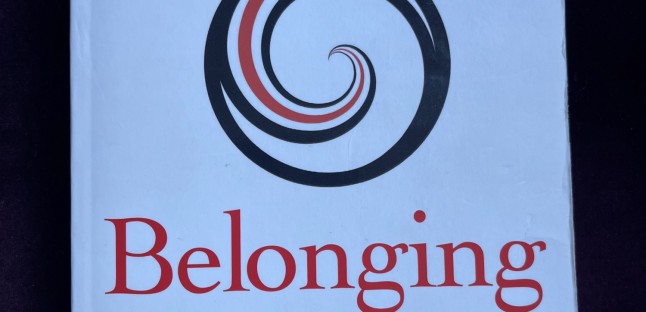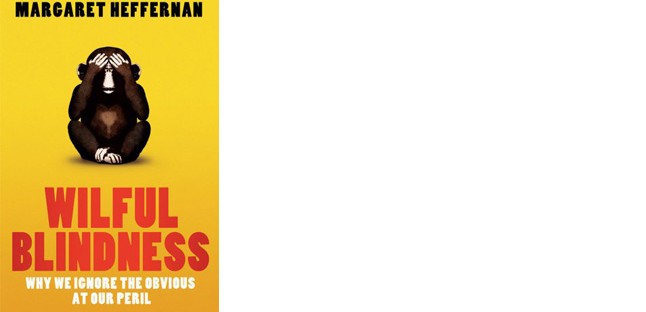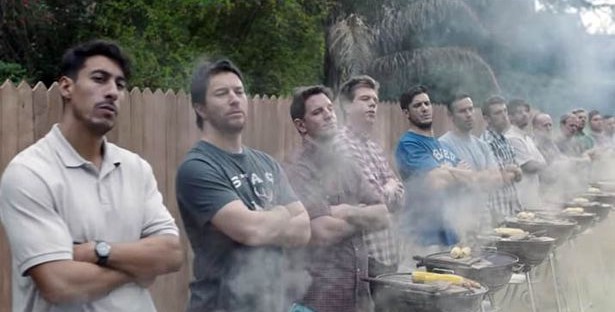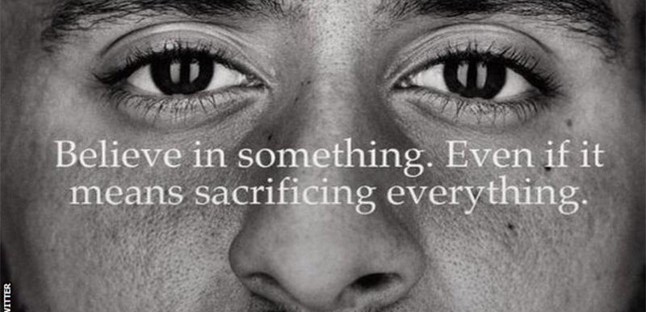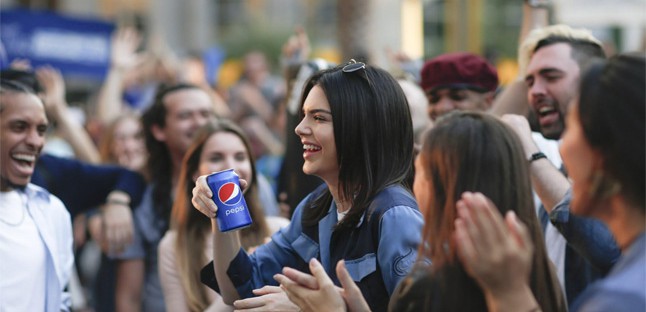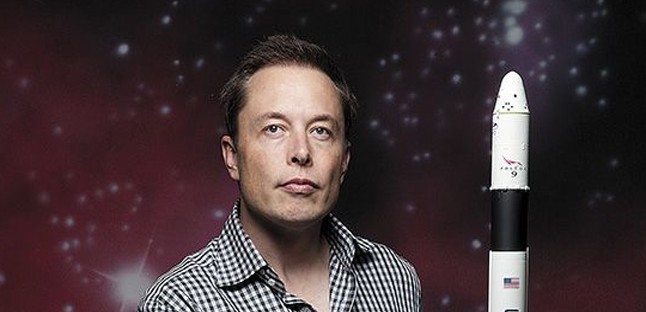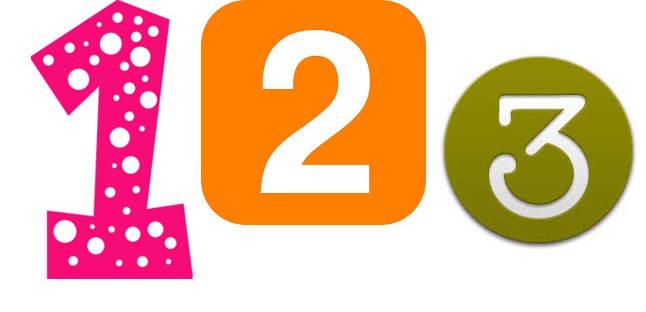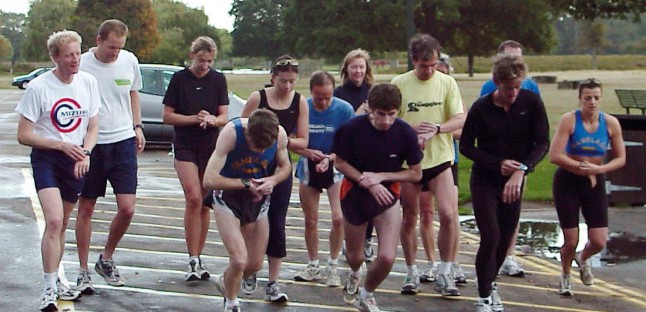Back to all posts
Latest posts
A masterclass in creating value
What’s going on at parkrun?
Virtue-signalling all the way to the bank
Bud Light: brand purpose or virtue-signalling?
The Coddling of the American Mind, by Greg Lukianoff and Jonathan Haidt
Belonging, by Owen Eastwood
Such a simple thing
The Long Win, and The Scout Mindset
The Cult of We by Eliot Brown and Maureen Farrell
Coffee and covid modelling
By theme
Marketing strategy
Insight & metrics
Innovation & inspiration
Brand & positioning
Marketing communications
Business purpose
Leadership
By industry sector
Financial services
Retail
FMCG
Technology & start-ups
Consumer services
Business to business
Other sectors
By type
Books
Comment
Quotes
Thought leadership
In Owen Eastwood’s book, Belonging, there’s a chapter about the South Africa cricket team after the end of apartheid. It’s worth reading this book for that chapter alone. One result was that they changed their name from the Springboks to the Proteas. But of course, a name change without real change is nothing. Eastwood was there when the real change happened, and it’s spine-tingling.
I say this because there’s a lot of Maori legend and new-agey type stuff early on in the book, Read More
This book explains how ordinary, decent people end up doing really bad stuff at work, while others find it easy to turn a blind eye to the wrongdoing. The best, or worst, stories are about how a cumulation of little steps can lead to disaster. In the case of the Texas City oil refinery disaster, it was an accumulation of non-steps: people not daring to question, or to answer back, or to tell the truth that they knew wasn’t welcome. Read More
People are getting in a lather about Gillette. Here?s why they?re doing the right thing, but going about it the wrong way.
The first question to answer is: Is it right for a shaving brand to take a stand on how men behave?
Second: If they do, how should the brand act on that belief?
Third: is a two-minute film the right way to tell the world what they think? Read More
If all publicity is good publicity, then Nike’s recent ad featuring Colin Kaepernick is a triumph. Widespread reports of outraged Americans burning Nikes is just free media coverage – reportedly $43m worth in 24 hours. Or, you may believe most people aren’t much interested in what brands do, the shoe-burners aren’t valuable customers, and anyway our memories for controversy are short. So, like the VW emissions scandal, or British Airways misleading Virgin Atlantic passengers, Read More
Airbnb’s “We accept” spot during the Superbowl and Lyft’s $1m donation to the American Civil Liberties Union were among several pro-immigration responses from brands after President Trump’s travel ban was announced. UK fashion retailer Jigsaw launched its Autumn Winter 17 range with ads saying “Jigsaw loves immigration”. Mainstream brands like Aviva, Target and Verizon are big on supporting Pride and LGBTQ rights. Others talk about mental health at work. The Marketing Society promotes these agendas as if they are the only marketing strategy you need. Read More
There’s a sort of Elon Musk cult on Quora, with questions like: How did Elon Musk learn so much? Is Elon Musk a visionary or just a crazy man? Does he think ten times faster than other people? Why doesn’t he wear the same outfit all the time like Mark Zuckerberg does? Does he take vacations? And also: Has Elon Muck committed any crimes? With Elon Musk hurting so many people’s business, how does he stay safe from people that want him “gone”? Read More
Brand-building is a huge industry. From large b2b organisations through to one-person businesses, people aspire to build their brand. I meet many great businesses that don’t have in-house marketers to help them do this. There’s lots of good help available, but before you talk to them, challenge yourself. Here’s how.
1. Forget about building a brand
As an end in itself, it’s pure vanity. Think about brands you know and admire, Read More
Paperchase is in the news for the wrong reasons. They ran a free gift-wrap promo with the Daily Mail last weekend. It’s news because it triggered a campaign against them on Twitter. This in turn prompted them to tweet, “We now know we were wrong to do this – we’re truly sorry and we won’t ever do it again. Thanks for telling us what you really think, and we apologise if we have let you down on this one. Read More
Purpose is motivating in the abstract, essential for strategic choices, and helpful for decision-making. We all know about the man cleaning the toilets at Cape Canaveral who was “putting a man on the moon” (if you believe it). But it’s individual recognition that gives our work meaning at the personal level.
The proof is in studies done by Dan Ariely, the behavioural economist. In one, people were asked to assemble Lego Bionicles. For the first fully-assembled robot toy, Read More
A dull autumn morning in a park in south west London, in 2004. Nine men and four women line up on an improvised start line. A lean South African called Paul Sinton-Hewitt takes a photo, then calls “Go!” and the first Bushy Park Time Trial is underway. He waits while they run out of sight around the park, then clocks the first two finishers, who cross the line side by side in just under nineteen minutes. Read More
Back to all posts
Latest posts
A masterclass in creating value
What’s going on at parkrun?
Virtue-signalling all the way to the bank
Bud Light: brand purpose or virtue-signalling?
The Coddling of the American Mind, by Greg Lukianoff and Jonathan Haidt
Belonging, by Owen Eastwood
Such a simple thing
The Long Win, and The Scout Mindset
The Cult of We by Eliot Brown and Maureen Farrell
Coffee and covid modelling
By theme
Marketing strategy
Insight & metrics
Innovation & inspiration
Brand & positioning
Marketing communications
Business purpose
Leadership
By industry sector
Financial services
Retail
FMCG
Technology & start-ups
Consumer services
Business to business
Other sectors
By type
Books
Comment
Quotes
Thought leadership
